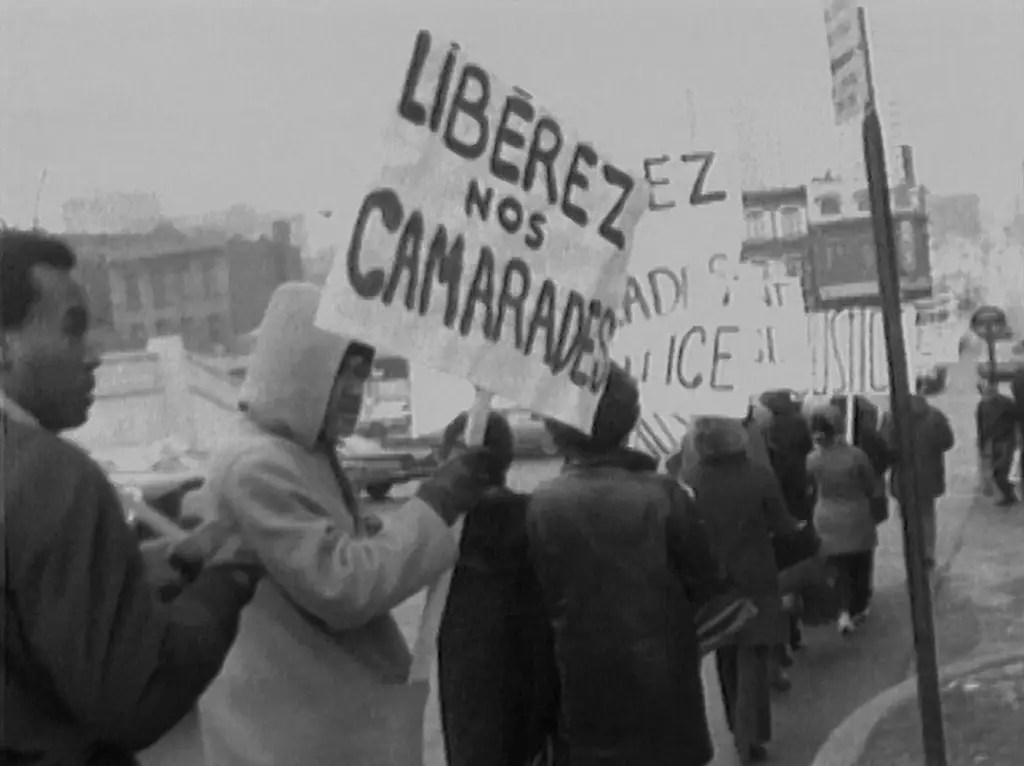When contemplating the epicenters of the Civil Rights and Black liberation movements in North America, iconic cities like Atlanta, Montgomery, New York, and Oakland dominate the narrative. These urban landscapes are etched into history for their pivotal confrontations with systemic racism and their transformative protests. Yet, such a narrow lens neglects the incredible, often overlooked role played by Montreal—a city that quietly became a crucible of Black resistance during the tumultuous 1960s. The story of Montreal’s contribution deserves recognition not just as an archaeological footnote but as a testament to the interconnectedness of resistance across the continent and beyond.
The Underappreciated Significance of Montreal’s Black Struggle
Montreal’s prominence as a hub of Black activism might surprise many, especially considering its relatively modest profile compared to other North American metropolises. However, two defining moments etched its name into the annals of liberation history. The first was the Congress of Black Writers at McGill University, a gathering that transcended mere discourse, igniting ideas of Black pride, intellectual resistance, and cultural affirmation. The second was the student occupation at Sir George Williams University—an act of defiance against institutional racism and discriminatory practices that reverberated far beyond Canada’s borders, challenging the nation’s self-image at a critical juncture.
These events were not isolated acts but part of an extensive web of resistance that linked Caribbean, Canadian, and American struggles. Montreal, with its unique intersection of colonial histories and multicultural influences, emerged as a fertile ground for activism rooted in the shared legacies of colonialism, systemic oppression, and the fight for justice.
The Power of Collective Memory and Underrecognized Voices
A recurring theme in marginalized histories is the tendency for vital stories to be lost or minimized over time. This is especially true for the Black resistance movement in Canada, where the contributions of elders and activists remain largely unacknowledged. Films like Michèle Stephenson’s upcoming documentary, *True North*, serve as crucial corrective, foregrounding these suppressed narratives through firsthand testimonies and rare archival footage.
Stephenson’s work underscores the importance of remembrance—not as a nostalgic act but as a vital call to action for current and future generations. By elevating voices from the edges of history, she underscores that the fight against systemic racism is universal, ongoing, and deeply rooted in collective memory. The film’s focus on Montreal’s pivotal role broadens the scope of understanding, challenging the sanitized version of history often presented in mainstream narratives.
The Broader Legacy: Connecting Local Resistance to Global Movements
Montreal’s activism did not occur in isolation; it was part of a broader hemispheric struggle against oppression. The city’s Black community, influenced by Caribbean migrant experiences and colonial histories, engaged in a fight that resonated with struggles throughout the Caribbean, the United States, and beyond. This interconnectedness reveals that resistance is not confined by borders but is a shared human endeavor.
The documentary *True North* emphasizes this interconnectedness, illustrating how local actions in Montreal contributed to a larger narrative of Black liberation. It reminds us that history’s most profound victories are often the result of collective efforts that transcend geography. Recognizing Montreal’s part in this tapestry is essential for constructing a more complete and honest history of the fight for racial justice.
A Call for Deeper Recognition and Ongoing Change
In examining Montreal’s hidden history of resistance, one must critique the tendency for such stories to remain marginalized. It is a reflection of a broader societal failure to fully acknowledge the contributions of Black communities outside of the stereotypical centers of activism. The retelling of these histories should serve as a catalyst—not just for remembrance but to inspire ongoing activism and systemic change.
By critically engaging with these narratives, we challenge ourselves to see history not as a static record but as a dynamic continuum. Montreal’s story is a powerful reminder that no city is an insignificant actor in the broader struggle for justice. It demands a reevaluation of how we tell stories of resistance—inclusive, nuanced, and acknowledging the often-unseen heroes who shape collective progress.

